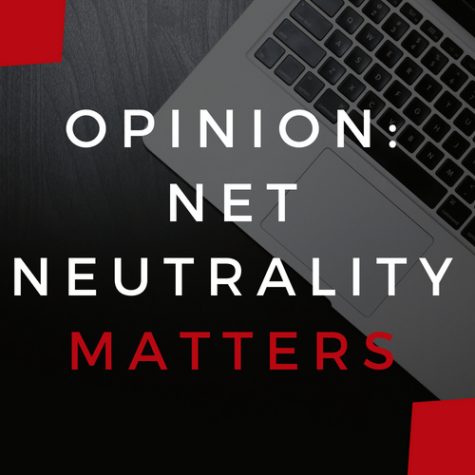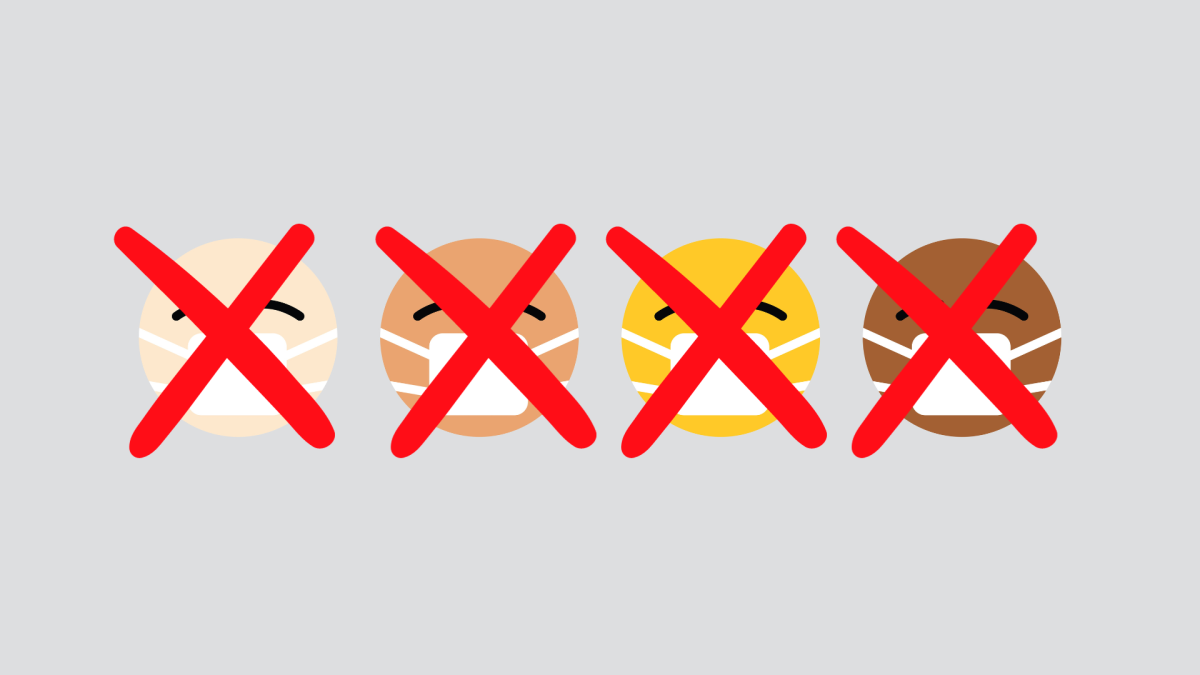
As of Monday, June 11, net neutrality has officially been repealed. There have been many mixed reactions to this news, notably negative ones, due to concerns of fairness of an open internet and freedom of speech. It is a genuine concern for citizens, especially those who use the internet as a place of revenue. To understand why this decision to roll back net neutrality is upsetting and alarming, we need to first understand what net neutrality is and what the repeal entails.
Net neutrality (or Wheeler’s 2015 Open Internet Order) was a set of federal regulations imposed during the Obama presidency to keep the internet as an equal-access product for the people. Basically, it was installed to prevent companies (or in this case, corporations) from paying internet providers, such as Verizon, more than other small businesses. If these internet service providers, or ISPs, did so, they would give an unfair advantage of faster loading to certain apps or websites over others. They also could block lawful content and data by prioritizing other content that paid more to be seen. Basically, the success of your website or company would depend on the revenue you generate for those ISPs.
So, why does it matter? Companies should be able to pay more for us consumers to get better, faster streamings and other services.
“Over time the internet will become unrecognizable,” Deputy Director Evan Greer of Fight for the Future said. “There will be more centralization and less choice.”
Generally speaking, there is no guarantee that companies will provide better services in light of the repeal. Ultimately, that is up to one’s personal faith in companies. There is, however, a worry that prices may go up because of giant mergers, such as the Time Warner and AT&T merger that was just approved on Wednesday, June 13. Also, the repeal of net neutrality curbs the very competition the U.S. claims to value by allowing those with more capital to simply create a potential monopoly over the internet. Finally, it takes away internet consumers’ freedom of choice and hands it over to corporations, instead.
The current chairman of the Federal Communications Commission (FCC) Ajit Pai believes that this repeal is good for business. He also reportedly thinks the Restore Internet Freedom Order should take place, as it may allegedly bring more corporate investment. It is important to note, however, that Mr. Pai does not see the internet as a place that should remain neutral for the sake of everyone to use and to have fair representation in. Rather, he sees it as another commodity up for sale to the highest bidder.
Imagine not being able to read or watch content on your favorite blog because you could not afford to pay for normal internet speed. With this in mind, there comes a new question: what can be or what is being done to stop or overturn this decision? Well, this FCC decision has some legal issues that are being addressed by related advocacy groups, and about 30 states are enacting their own version of net neutrality while filing lawsuits against the decision. Also, Congress can always repeal the repeal.
So, is it worth the worry or not? Absolutely, it is.
Think of net neutrality is a form of free (and responsible) speech: it is the ability to use the internet not only for self-expression but also for fair and free access to others’ expressions without the worry of paying a premium free for fair exposure. If you truly believe in fairness and equal access or exposure, then this news should worry and upset you.
The internet is perhaps one of the very few spaces that are left untouched by greed; it sparks conversations, revolutions and more.
It should remain untouched for everyone’s sake.
—
For more information or news tips, or if you see an error in this story or have any compliments or concerns, contact editor@unfspinnaker.com.















